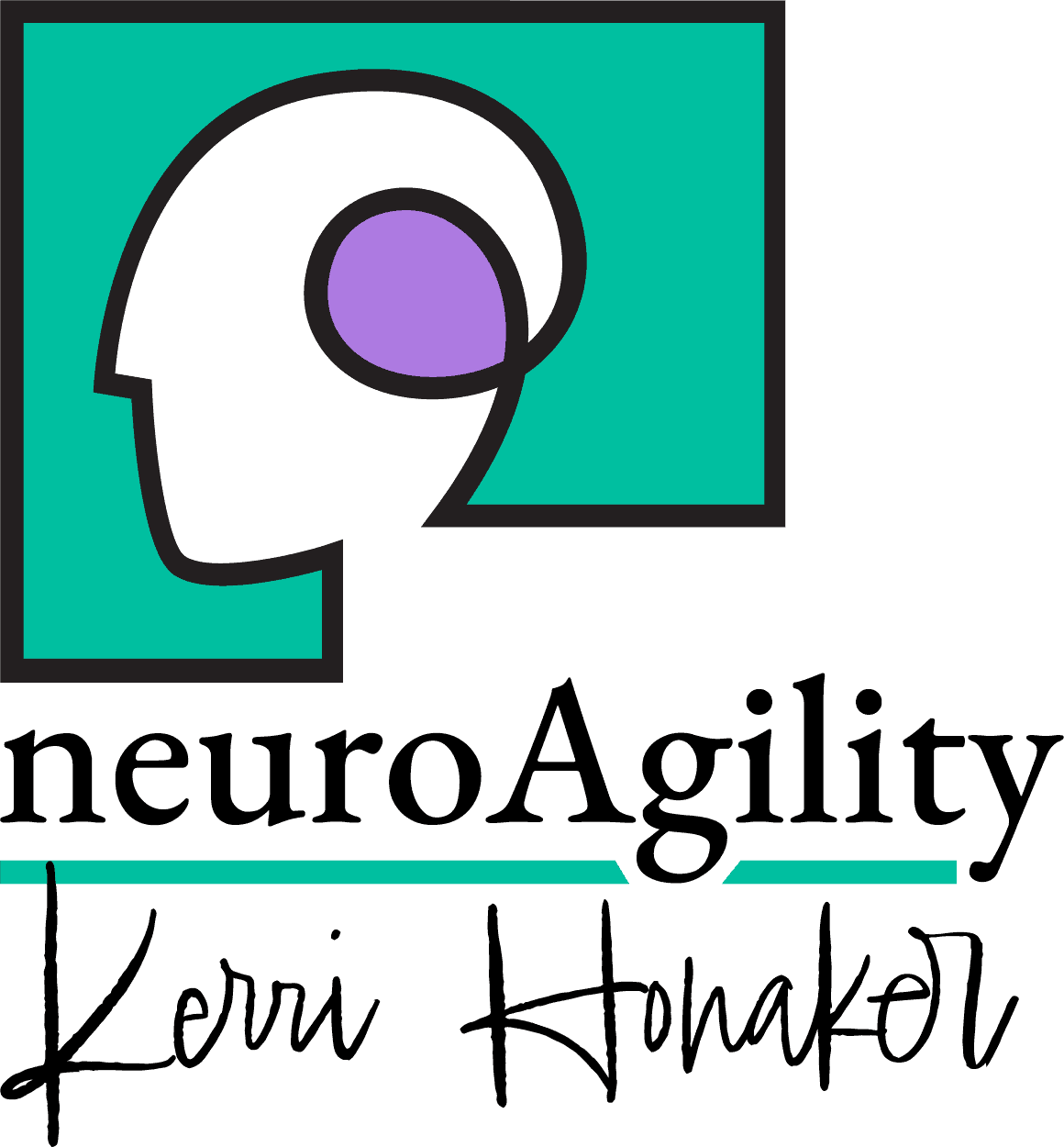FOR IMMEDIATE RELEASE
CONTACT: Jim Guttau, 720.530.9533
September 30, 2010–With summer ending and the holiday season quickly approaching, parents will receive something from their children even before holiday gifts are exchanged: their child’s report card. Report cards for middle school and high school students will go home to parents soon, signaling the first chance for a face-to-face talk between parents and teachers about their children’s progress and attention in class.
While this could be a positive conversation at the holiday dinner table, for some parents, this report card serves as a fresh reminder of a difficult situation they face with their child. It is important to not get behind the eight ball when it comes to a child’s report card, but rather to make steps to correct these challenges before the next season is summer and another year of your child’s grades are wasted.
In most instances, just by simply improving the attention span and concentration levels of a student will greatly increase their performance and grades. neuroAgility, a clinical center with two locations in Denver (3773 Cherry Creek No. Dr., Suite 690W) and in Boulder (2501 Walnut Street, Suite 205), uses state-of-the-art technology integrated with medicine and psychology to treat symptoms of ADHD and concentration.
According to the ADHD Association, between eight and nine million people suffer from ADHD. neuroAgility Executive Director Kerri Honaker explains that a recent trend in ADHD may be a result of our technology-driven informational age. “ADHD has been around for a long time, but the way we live now can be very distracting,” says Honaker. “I think ADHD is more apparent now because of our culture and the constant incoming information overload.”
Diagnosis applies to individuals who are consistently distracted, impulsive, and hyperactive. Many other symptoms can result from ADHD and vary with each individual. Visit www.neuroagility.com/ADD-ADHD.html for an ADHD symptom checklist.
neuroAgility’s unique approach to treating the attention deficit disorders strays from the typical remedy-through prescription medication. After an initial clinical assessment and a visual and auditory performance test, professionals at neuroAgility use state-of-the-art equipment to retrieve a quantitative EEG brain map. The brain map unveils brain electrical activity measuring which brain waves are firing at what location. After the results are run through a standardized database, neuro-feedback protocols are tailored and designed by physicians and psychologists to the individual’s needs. The protocols then train the brain to act differently and eventually relieve symptoms of ADHD.
“You’re changing a pattern that’s been naturally formed. Over time, the brain waves form a new pattern and the client will notice shifts in behavioral patterns,” says Honaker. “It takes time and consistency.”
neuroAgility also offers individual psychotherapy and ADHD support groups for parents, spouses, and teens and also specializes in brain injury, anxiety, sleep disorders and Aspergers.
About neuroAgility
Founded in Boulder, Colorado in1998 by husband and wife team Earle Shugerman, M.D., and Kerri Honaker, M.S., M.A., LPC., neuroAgility is a treatment center offering clinically proven alternatives to medication. The center focuses on enhancement of performance, attention, and emotional regulation utilizing state-of-the-art technology integrated with medicine and psychology. The neuroAgility team can also assist athletes and other performers in gaining the mental edge they need to excel. Learn more at www.neuroAgility.com.
